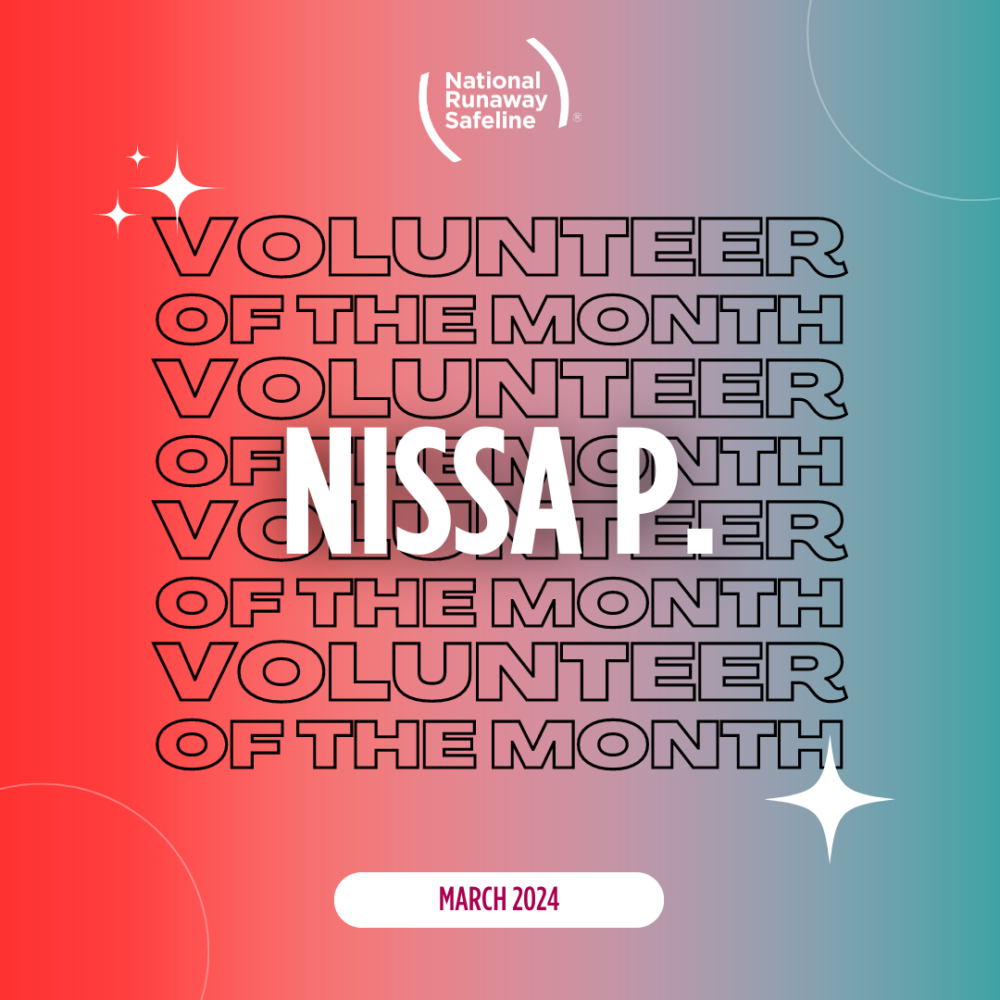Research shows that young people who bully others are more likely to abuse alcohol and drugs from adolescence throughout adulthood, get into fights, vandalize property, drop out of school, have criminal convictions as adults, or become abusive towards their romantic partners and their own children. Those who are bullied also experience long-term effects, including low self-esteem, depression and even the potential for death by suicide.
Recognized in October, National Bullying Prevention Month is a public awareness campaign created by PACER’s National Bullying Prevention Center. Communities nationwide unite to prevent childhood bullying and promote kindness, acceptance and inclusion.
The National Runaway Safeline supports this effort and is invested in bullying prevention. Our staff and volunteers continually hear from youth about the emotional and physical impact of bullying. In fact, last year alone, 27% of people who contacted NRS cited bullying and peer conflict as reasons for reaching out to our Crisis Services team.
According to stopbullying.gov, bullying is an “unwanted aggressive behavior among school aged children that involves a real or perceived power imbalance. The behavior is repeated, or has the potential to be repeated, over time.” The question then becomes: Why does anyone behave in such a destructive manner?
There are many reasons people may bully, which are specific to the individual and their experiences. Bullies may feel insecure or powerless, need control, or feel rewarded for this negative behavior. A person who feels insecure or has low self-esteem may highlight another person’s flaws as a way to elevate themselves. For those needing to be in control, bullying may allow them to control their surroundings. Additionally, bullying behavior may be perceived as rewarding because the person who does it gets what they want. Furthermore, in a household where bullying, aggression or violence is common, people may be inclined to express themselves similarly outside of the home.
While it is easy to villainize the destructive behavior of others, the real work of prevention is to address why this phenomenon is happening and how can the cycle be stopped. Youth who bully may need support to help them address and change their behaviors. They may be unwilling or unable to recognize the impact of their actions or understand why they act this way. Parents, school counselors, teachers and mental health professionals can work with youth who bully to help them develop healthy peer connections and address the root causes of their behavior; interestingly, most bullies have experienced being excluded or stigmatized themselves.
If you or someone you know is struggling with bullying, either as the perpetrator or the victim, NRS can help. Each year, NRS connects thousands of young people with local resources and provides non-directive, non-judgmental support to every individual. Call or chat anytime, 24/7, and we’ll listen to your story, help you develop a plan and connect you to free resources. You are not alone.




